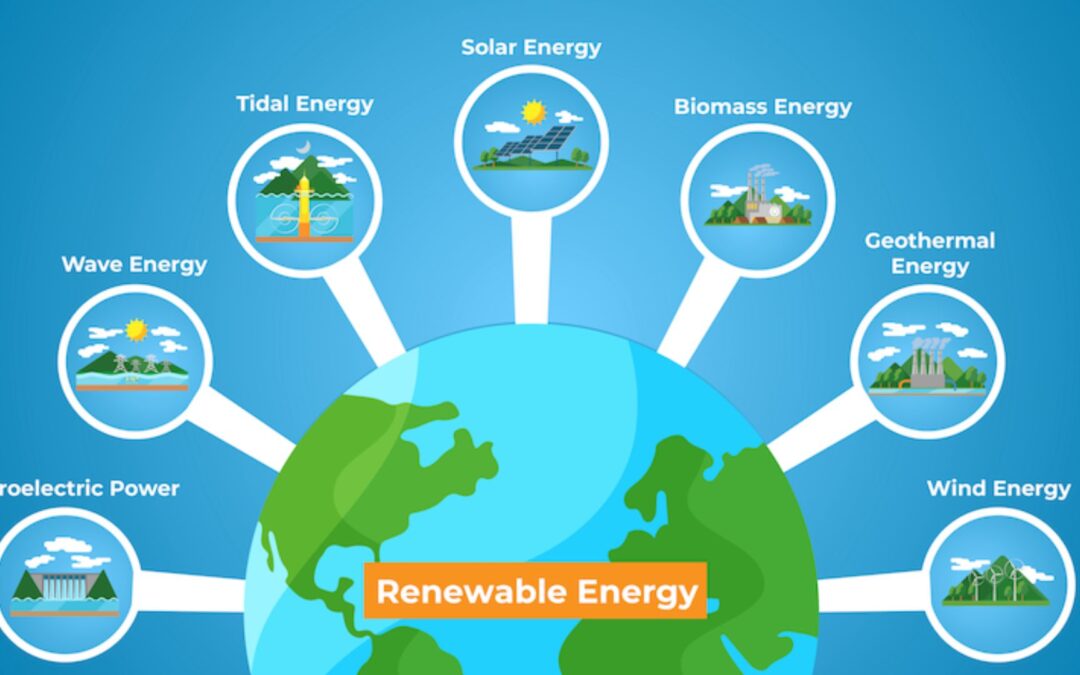
What are Renewable Energy Technologies?
What are Renewable Energy Technologies?
Renewable energy technologies are technologies that harness energy from naturally replenishing sources that are practically inexhaustible over human timescales. These sources of energy are considered sustainable and environmentally friendly because they have a much lower impact on the environment compared to fossil fuels, which are finite and contribute to pollution and climate change.
Here are some key types of renewable energy technologies:
- Solar Energy: Solar energy involves capturing sunlight and converting it into electricity using photovoltaic (PV) cells or heat-using solar thermal systems. Solar panels on rooftops and solar farms are common applications.
- Wind Energy: Wind energy is generated by wind turbines that convert the kinetic energy of wind into electricity. Wind farms with multiple turbines are installed in locations with consistent wind patterns.
- Hydroelectric Power: Hydroelectric power is generated by harnessing the energy of flowing water, usually from rivers or dams, and converting it into electricity using turbines and generators.
- Geothermal Energy: Geothermal energy utilizes heat from the Earth’s interior. Geothermal power plants capture this heat to produce electricity, and geothermal heating systems provide direct heat for residential and commercial use.
- Biomass Energy: Biomass energy comes from organic materials such as wood, agricultural residues, and organic waste. It can be used for heating, electricity generation, and even biofuels.
- Ocean Energy: Ocean energy includes tidal energy, generated by the rise and fall of tides, and wave energy, harnessed from the motion of ocean waves.
Renewable energy technologies offer several benefits:
- Reduced Greenhouse Gas Emissions: Renewable energy sources produce little to no greenhouse gas emissions, helping mitigate climate change.
- Energy Independence: Relying on renewable sources reduces dependence on imported fossil fuels, enhancing energy security.
- Job Creation: The renewable energy sector creates jobs in manufacturing, installation, maintenance, and research.
- Sustainable Development: Renewable energy supports sustainable development by providing clean and reliable energy for communities.
- Lower Environmental Impact: Unlike fossil fuels, renewable sources have minimal air and water pollution impacts, reducing damage to ecosystems.
- Diversification of Energy Sources: A mix of renewable sources diversifies the energy portfolio, increasing resilience against energy supply disruptions.
However, renewable energy technologies also face challenges, including intermittency (e.g., solar energy is not generated at night), initial high costs (though they have been decreasing), and the need for suitable infrastructure and energy storage solutions.
As society’s awareness of climate change and environmental concerns grows, renewable energy technologies are increasingly being adopted as a crucial part of global efforts to transition to a more sustainable and low-carbon energy future.
